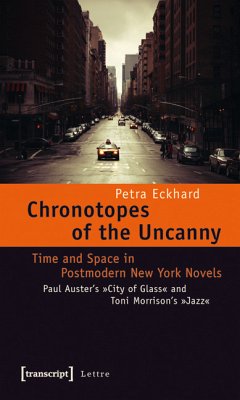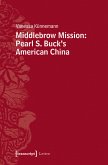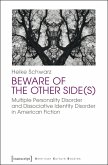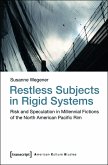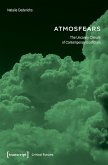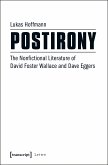Using the theoretical frameworks of Freud, Todorov, and Bahktin, this book explores how American writers of the late 20th century have translated the psychoanalytical concept of »the uncanny« into their novelistic discourses. The two texts under scrutiny - Paul Auster's »City of Glass« and Toni Morrison's »Jazz« - show that the uncanny has developed into a crucial trope to delineate personal and collective fears that are often grounded on the postmodern disruption of spatio-temporal continuities and coherences.

